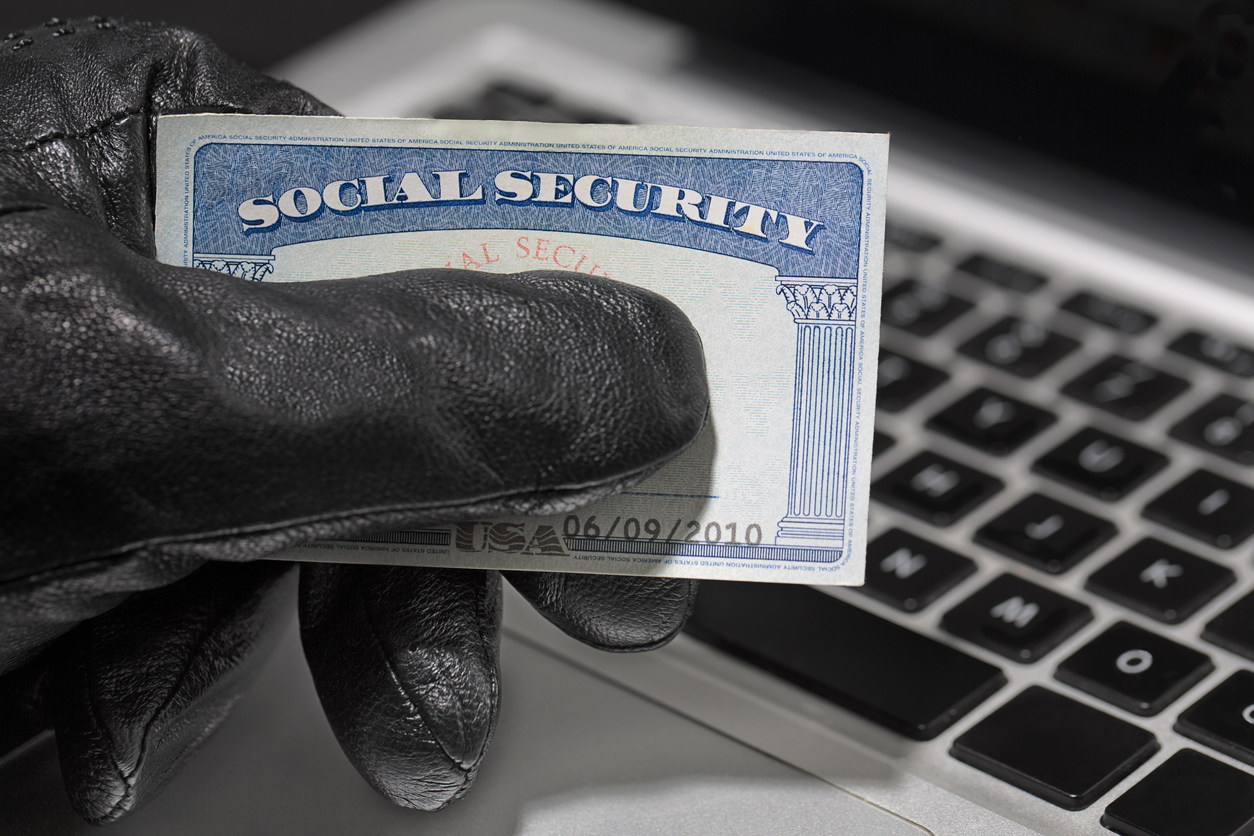How to get a Finnish IP address
The easiest way to improve your digital privacy is to switch your IP address using a VPN. We’ll …

There’s been some sizable news on the credit freeze scene in the U.S. Thanks to a bill passed by Congress, a credit freeze is about to be free. Before this bill, a credit freeze ranged anywhere from $2.00 to $15.00, depending on where you live, and you had to pay this fee to all three major credit monitoring companies. Good news, then, if you want to know how to freeze your credit.
Anyone who has a Social Security number is a possible victim of identity theft, and it happens all the time. According to Lifelock, 60 million Americans have had their identities stolen.
If you have ever had your identity stolen, you should probably consider freezing your credit. When you freeze your credit, even if an ID thief gets your SSN, they generally can’t use it to open new lines of credit.
Even if you’ve not become a victim, freezing your credit might not be a bad idea—especially if you aren’t planning on buying something large like a house or car anytime soon.
Basically, when you freeze your credit, you won’t be able to open up a new account under your SSN until you personally unfreeze said credit. And if you can’t open an account, then you can be pretty sure an identity thief can’t either.
There is nothing you really need to do to prepare to freeze your credit. Like a Nike ad, you just do it. One thing to make sure is that your credit is frozen from all monetary transactions. Banks, retailers, and lenders don’t like this, because this means they cannot instantly approve a credit line. They don’t care about your identity, only their ability to make money.
Thanks to this new bill, you no longer have to pay a fee to freeze your credit. In some cases, people were paying up to $45 to do this, but with this new regulation, freezing your credit is free.
You might think that freezing credit is an inconvenience, but that’s just not true. It only takes a few minutes to put a freeze on your credit file. The same can be said for unfreezing the file, too, which you must do before applying for additional credit. It only takes about five minutes to do either task, so convenience shouldn’t be a major consideration as to whether you decide to freeze your credit.
No, a credit freeze does not hurt your credit at all. You have nothing to worry about in this regard.
No. Some people set up fraud alerts instead of credit freezes thinking they do the same thing. They do not. A fraud alert only lasts for a maximum of 90 days, and it doesn’t stop an ID thief from accessing your credit or applying for a new credit line. All it does is inform a creditor that your ID might be compromised. However, they can still issue credit. In fact, a fraud alert probably just gives people a false sense of security.
Equifax credit freeze: To get a credit freeze through Equifax, click here.
Experian credit freeze: To get a credit freeze through Experian, click here.
TransUnion credit freeze: To get a credit freeze through TransUnion, click here.
So there you have it. Credit freezes are not inconvenient, they do not cost you a penny, and they can help prevent you and your family from becoming one of the 60 million Americans who has been victimized.
While you’re taking care of your online security and privacy, be sure to download Hotspot Shield for free on iOS, Android, Mac, and Windows. Hotspot Shield encrypts your data so your online activities remain anonymous and shielded from hackers.
